- Home
- slideshows
- miscellaneous
- INTRODUCING: The 10 people transforming how the world interacts with technology
INTRODUCING: The 10 people transforming how the world interacts with technology
Jeff Dean, a senior fellow for artificial intelligence at Google, is making the AI of science fiction a reality

Katie Dill, VP of design at Lyft, is shaping the experience consumers have with gig-economy apps
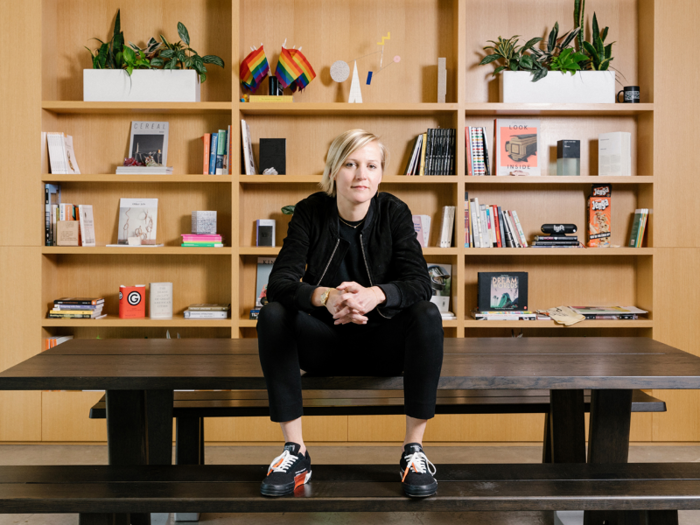
Katie Dill has a knack for grasping how things work and imagining how they should actually work. That's an important skill for someone shaping the experience that consumers have every day with vital services like ride hailing and apartment sharing.
Dill's influence can be seen across the sharing economy. She was Airbnb's director of experience design for four years and is now at Lyft, where she is VP of design.
"It's one thing to look at your design on your computer screen and say it's great, but it's another when it's somebody standing in the rain on the street corner at night trying to use your app," Dill told Business Insider.
"There are so many people that use our product that I can't and should not assume what they want — we need to learn. Every micro decision has a hell of a lot of dependency," she adds.
Dill originally considered going into architecture but said she would get frustrated with how long things would take in that field. That's not the case at Lyft, where things move at lightning speeds.
"There's a beauty and a great responsibility for the fact that you can make changes, in some cases, instantaneously," she says.
Arlan Hamilton, the founder of Backstage Capital, is shaking up Silicon Valley's boys' club so that anyone with a good idea can be a startup founder
Arlan Hamilton noticed early on that the startup industry was rooted in doing things a certain way, and that underrepresented entrepreneurs and founders trying to launch companies — "people who were not white men" — were being turned down by investors more frequently.
As a gay black woman, Hamilton started Backstage Capital, a venture-capital firm, in 2015 from scratch to invest in companies led by underrepresented founders — women, people of color, and LGBTQ people.
The goal was to "shake up that status quo" and give a voice to those groups, Hamilton told Business Insider.
Since 2015, Backstage has invested an estimated $5 million in more than 100 companies, Hamilton says.
While plans to raise a $36 million fund have taken longer than expected after a couple of “anchor” investors fell through, Hamilton hopes to attain the target in the next year or two. The goal is to create a fund devoted to investing exclusively in black female founders, who currently earn less than 1% of all venture-capital funding.
In March, Hamilton handed over the CEO reins of the firm's operational arm in order to focus on raising capital, working with founders and serving as an "ambassador" to promote the Backstage mission. With regular speaking engagements, several podcasts and a book deal, Hamilton is spreading the message that a more representative tech industry is a more innovative tech industry.
While Hamilton has noticed that progress in the tech industry is "already percolating," she says the boys' club "still has so far to go."
Tristan Harris, director and cofounder of the Center for Humane Technology, is on mission to end the harmful incentives of screen time
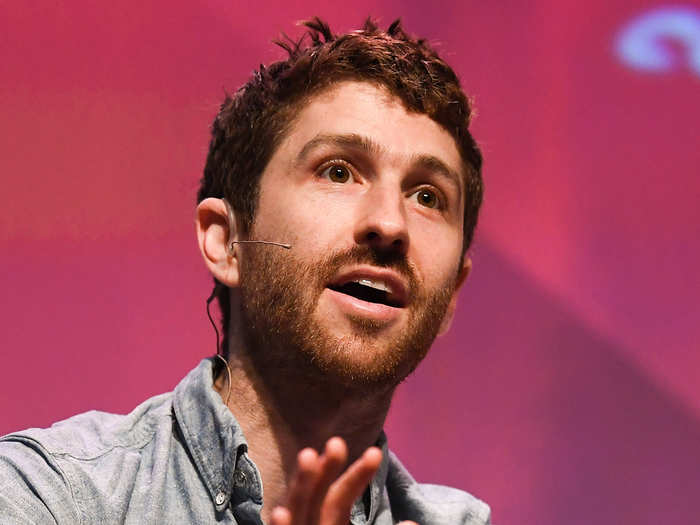
Tristan Harris is an unlikely revolutionary. He's a techie himself, a Stanford grad and former startup founder who's worked at Apple and Google. But in 2013, while working at Google, he started to feel like the tech industry had gotten off track; instead of working on big creative new products, it was becoming increasingly focused on manipulating the attention of its users. And he felt like no one was going to say anything about it unless he did.
That inspiration led him to put together a kind of manifesto. The 141-slide presentation highlighted the ways tech companies were manipulating users, and urged Google in particular to work to minimize such distractions.
It took a while, and Harris had to leave Google to team up with a collection of industry iconoclasts to promote his gospel, but tech companies, politicians, and wider society have finally started to see the light.
With pressure growing on them to address the issues related to it, Google, Apple, and Facebook in the past year all introduced new features to minimize the distractions caused by their devices and services. Harris calls such moves "baby steps."
An executive at a major tech firm recently turned to him and said, "The whole industry is now in a race to the top for time well spent."
"That's why the baby step matters," Harris said.
Lisa Jackson, the vice president of environment, policy, and social initiatives at Apple, is showing the world that corporate success and environmental responsibility are a winning formula
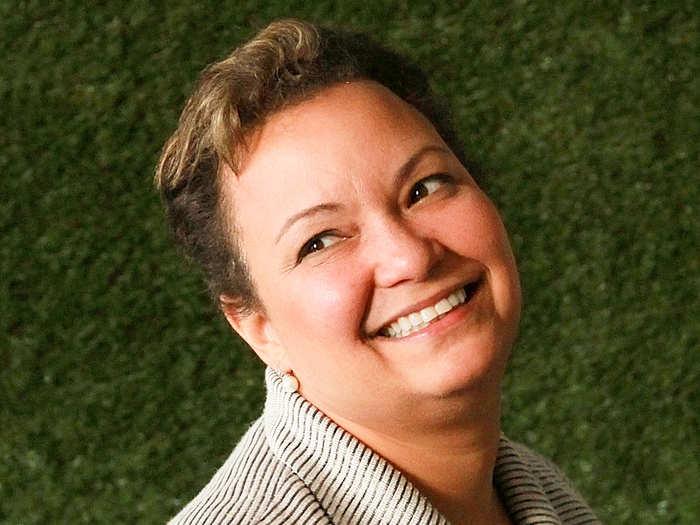
Apple has perfected the art of building hit products like the iPhone and the Mac.
For Lisa Jackson, who joined Apple as the vice president of environment, policy, and social initiatives in 2013, success means helping Apple master another challenge: eliminating the need to mine new materials from the earth to create products.
The sleek new iPhone you purchased may not look like much more than a slate of glass and metal, but manufacturing it requires the mining of aluminum, iron, cobalt, and gold, among other materials.
Apple is already making progress on this front, thanks to efforts headed up by Jackson. For example, the company now uses recycled tin in the main logic board of the iPhone, which prevents the mining of 10,000 tons of tin ore in a single year, and the speaker enclosure for the iPhone XS is now made with 35% post-consumer recycled plastics.
It's an ambitious long-term goal for Apple, but so was getting all of Apple's facilities worldwide to run on 100% renewable energy, which the company announced it had accomplished last year.
"When we set out to do this, people said it couldn't be done," Jackson said of the milestone during Apple's iPhone launch event in September. "And if you know Apple, those are exactly the kinds of challenges that we love."
Howie Liu, Andrew Ofstad, and Emmet Nicholas, the founders of Airtable, want to let anyone build an app, even if they can't code
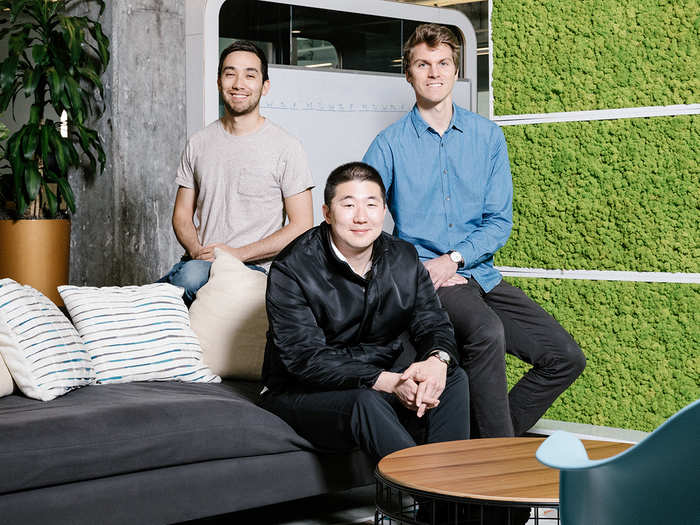
Howie Liu met his cofounders, Andrew Ofstad, Airtable’s chief product officer, and Emmett Nicholas, its chief technology officer, at Duke University.
While many of their classmates were on the consulting or banking tracks, the three were engineering students who "nerded out," as Ofstad put it, at lunch or elsewhere over technology and startup ideas. But it wasn't until all three had moved to Silicon Valley and worked in the tech industry on their own that they regrouped.
Their startup, Airtable, has found an eager audience, raising more than $170 million in venture funding since its 2015 founding and enjoying strong word of mouth. The main idea behind Airtable is that apps have become fundamental to society and business, so you shouldn't need to be a computer programmer to make them.
"We think that the act of software creation doesn't have be innately intertwined with writing code as we know it today," Howie Liu, Airtable's CEO and one of the cofounders, says. He added that Airtable hopes to "democratize a lot of the value of creating software."
Customers — it already has 80,000 of them, including more than half of the Fortune 1000 — are using the service to do everything from plan their weddings to manage the postproduction process of major Hollywood films, company representatives say.
Toni Reid, VP of Amazon Alexa experience and Echo Devices at Amazon, is pioneering the next major computing platform
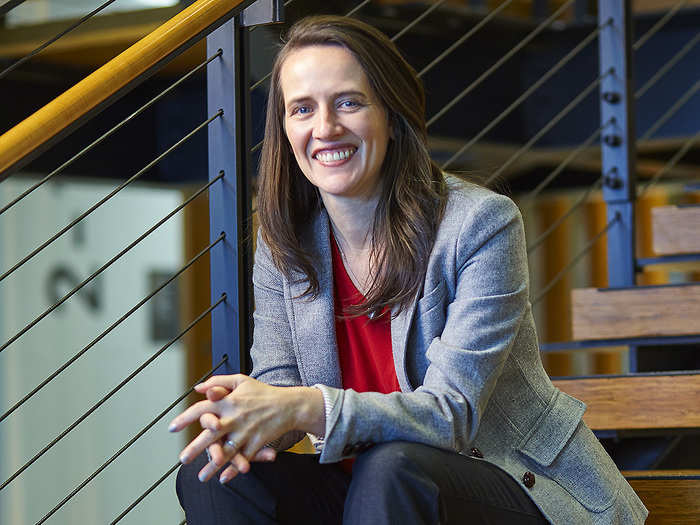
It's easy to forget Amazon wasn't always an industry-devouring powerhouse. Once upon a time it was little more than an online bookshop with big ambitions.
Toni Reid, one of the company's first 600 employees, has seen that evolution firsthand.
From joining as a recruiter in 1998 through to working in Amazon's display advertising business to heading up AmazonFresh consumables technology, Reid has worn a lot of hats at Amazon.
Today, the veteran Amazon executive heads up the company's efforts in a field that has the promise to transform computing: voice.
Voice-controlled computing offers a radical new way to interact with devices, allowing them to integrate more closely into our lives, homes, vehicles, and more. While Google and Apple have their own versions, Amazon was early out the gate with the Amazon Echo — and Reid, as VP of Alexa Experience and Echo Devices, has been leading that charge.
Masayoshi Son, the CEO and chairman of SoftBank Group, is Silicon Valley's new kingmaker, with a $100 billion treasure chest
Few people strike both fear and intrigue among Silicon Valley elites quite like Masayoshi Son.
"Masa," as he's known, is the founder and CEO of SoftBank, a Japanese technology holding company. Under his leadership, SoftBank's Vision Fund has turbocharged the scale at which capital gets deployed in technology.
Doling out checks in increments of at least $100 million, SoftBank has amassed a sprawling and formidable portfolio of tech investments in AI, semiconductors, e-commerce, transportation, and healthcare. The rich financial support has allowed tech companies to remain privately held for longer periods, providing firms with liquidity for their employees and the resources for aggressive expansion campaigns.
The fact that Saudi Arabia's public investment fund is one of the main sources of the SoftBank Vision Fund's capital has brought about criticism among tech startups following the killing of journalist Jamal Khashoggi.
But Masa's influence in tech does not appear to have diminished. The Vision Fund is so powerful some think it can single-handedly decide which startups succeed in competitive markets like ride hailing, e-commerce, food delivery, and artificial intelligence.
Among SoftBank's biggest bets is Uber, which is preparing to go public in the coming weeks. It's also put a total of $10.5 billion into WeWork, which is valued at about $47 billion.
Tim Sweeney, the founder and CEO of Epic Games, is taking the game industry into uncharted territory
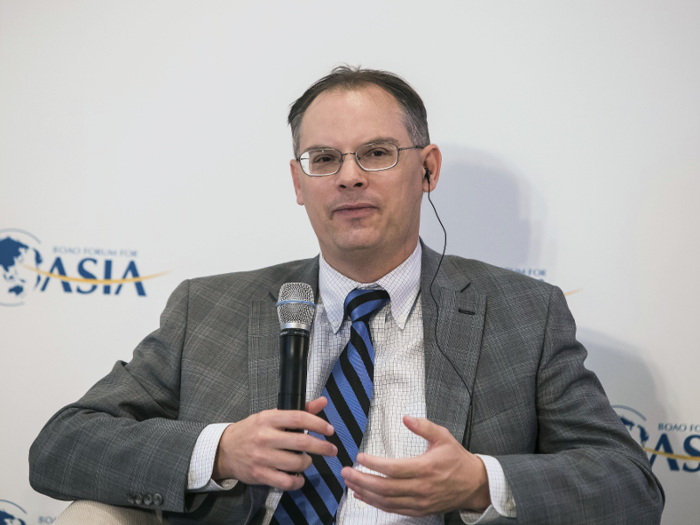
Tim Sweeney has been a mainstay in the video-game industry for years.
In the past three decades, he grew his company, Epic Games, from a one-man shop based out of his childhood home into the provider of the technology that powers many of the world's most popular games.
Now, thanks to the unprecedented success of "Fortnite," Sweeney is poised to not just dominate the game industry but to reinvent it.
As the parents of many teenagers today will attest, Fortnite is a phenomenon. It's a game that occupies players for hours, a destination where people socialize with strangers, and watch live concerts — and it's a business that brings in hundreds of millions of dollars.
Although Epic Games did not invent the "Battle Royale" format at the heart of "Fortnite," it made it the primary experience for a new generation of gamers.
As "Fortnite" grew from obscurity to ubiquity, hoovering in hundreds of millions of players, Sweeney's company brilliantly leveraged that user base into an entirely new video-game platform: the Epic Games Store.
Smarter still, the storefront is beating the competition by offering higher profits to game makers, a move likely to push the whole market in that direction, and threatening the established app-store business models dominated by Apple and Google.
Tal Tamir, the CEO and founder of Wiliot, is building battery-free chips that harness energy from radio signals
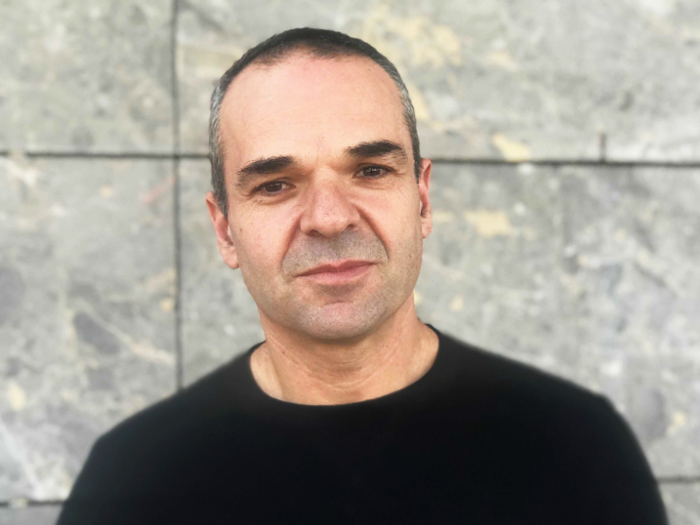
There is "sea of energy" around us and it's just waiting for someone, or some devices, to use it.
So says Tal Tamir, cofounder of Wiliot, a startup developing a chip that uses power from the ambient radio signals. That means no batteries required.
Wiliot has developed a small, cheap, Bluetooth-connected disposable electronic sticker, or tag. The tag's only role is to provide data, which sounds like a humble idea, but it has the potential to create a universe of connected products, from sweaters to light switches.
Among the potential uses Tamir envisions: a clothing tag that relays information to a washing machine to automatically set the ideal settings or a smart pillbox for medication that can warn users about effects with other medication.
Wiliot was started two years ago, but it was only recently that Tamir reached a stage where he could say that Wiliot's vision was feasible.
"In the past six to nine months," Tamir said, "once we got things up and running, we saw it was absolutely doable to use this kind of 'sea of energy' that is around us, and is cheap to harvest, and actually use it for a system that can sense and can transmit and can receive. It's not easy but it's doable."
INTRODUCING: The 10 people transforming how the world interacts with technology
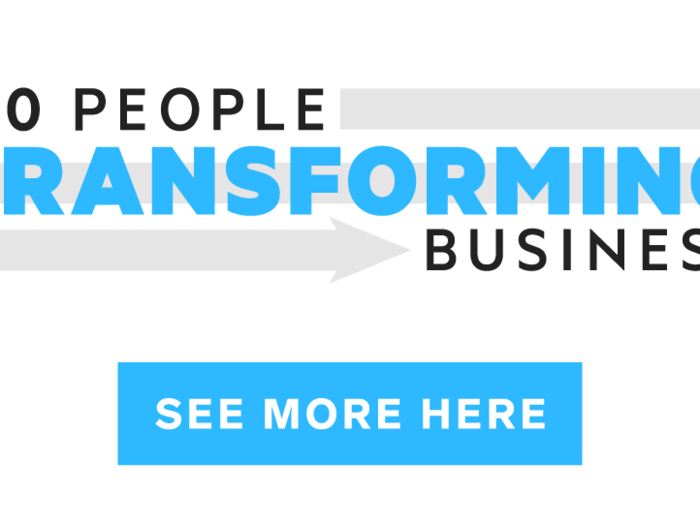
Popular Right Now
Popular Keywords
Advertisement